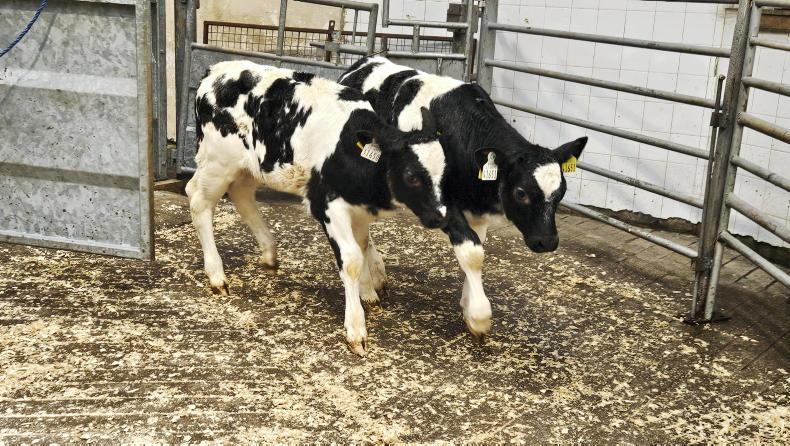“They just didn’t suit you.” In Ireland, this is probably one of the most famous pieces of feedback ever uttered. It is, of course, the catchphrase that Larry Gogan would trot out when a caller performed poorly on his “Just A Minute Quiz”. I can safely say that no one who picked up the phone to participate in Larry’s show ever wanted to hear those words.
You might think that feedback is something you get after an unsuccessful job interview and the words “the successful candidate had more experience” or “the competition was very strong” can be very unwelcome. But, in reality, we get feedback every day and we have been getting it all our lives. Some of this feedback is constructive and beneficial, some is not, but we can learn from it either way.
A few years back, I applied for an award that the Agricultural Science Association (ASA) was running. The prize was a trip to the Harvard Agribusiness Seminar, which I had long wished to attend.
Accepting that the feedback was accurate, despite how it made me feel, was an important realisation for me
I was not successful and remember clearly getting the rejection letter and reading the feedback. I crumpled it up and threw it across the room, annoyed.
Later, I uncrumpled the letter and read it again. Accepting that the feedback was accurate, despite how it made me feel, was an important realisation for me and my career. Last Saturday, I had (Zoom) college all day. It was a big day for our class as we were being divided into groups and assigned our major project. This project forms a massive part of the overall course and it is both daunting and exciting to be starting this element.
Agriculture gets a lot of feedback
Part of the final mark is assessed through peer feedback. The five criteria you are graded on are (1) commitment; (2) capability; (3) communications; (4) focus and; (5) emphasis on high standards.
Agriculture gets a lot of feedback. The media is full of it and quite a lot of that feedback is – in my view, unfairly – negative. If these five metrics were applied to farming, with the agricultural supply chain (farmer, processor, retailer and consumer) as the team, you could say that the interaction between the teammates is not great. In terms of commitment, farmers are effectively like the pig in the fried breakfast, yes the hen might be committed, but the pig is all in. Everyone in the team has their capabilities, but improvements at the farm level seem to benefit others in the team more than the farmer. Communications are going against the whole team, internally and externally. And not everyone on the team is willing to contribute to the conversation.
To keep the team on track and to accomplish goals, the team needs to focus on choosing the right battles
In some cases this is justified; PR expert Gemma Smyth advises that “farmers should consider if the argument is worth the time and effort” on social media. To keep the team on track and to accomplish goals, the team needs to focus on choosing the right battles.
In agriculture the whole team needs to look at the feedback
With the last piece of feedback, the emphasis placed on high standards – heretofore unquestioned and a source of pride – is now being challenged particularly on the environment.
There are several elements to feedback – knowing your strengths, ensuring everyone is pulling their weight and encouraging improvement and development. In agriculture the whole team needs to look at the feedback and find a way to work together to develop for the future. One more “They just didn’t suit you”.
Larry: “As happy as...”. He gives a further hint: “Think of my name”.
Caller: “A pig in shit.”









SHARING OPTIONS